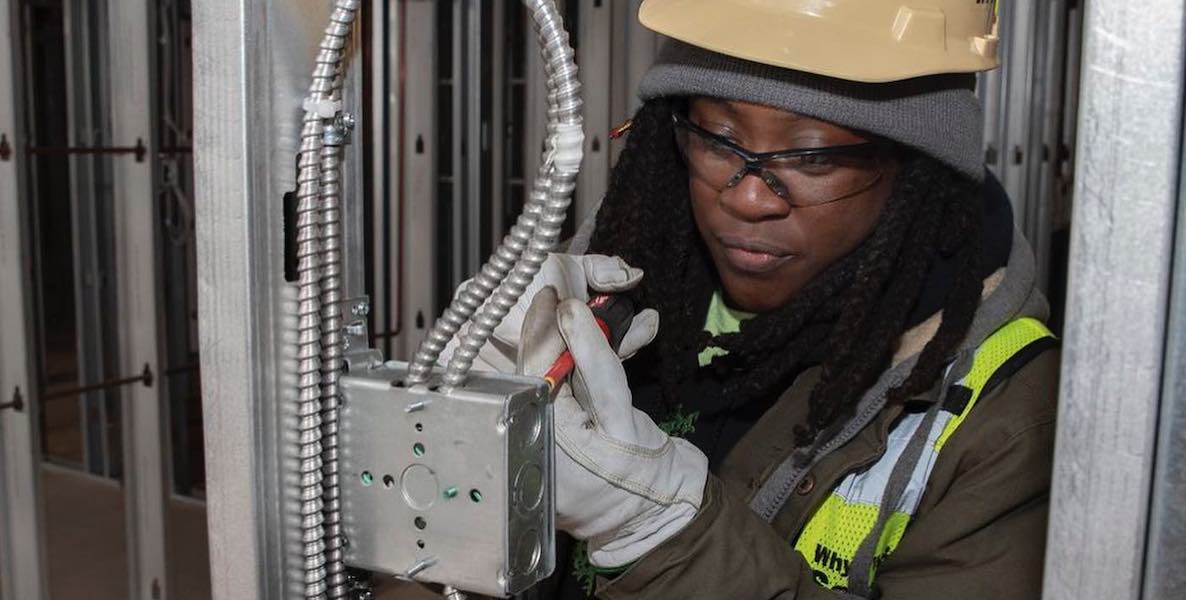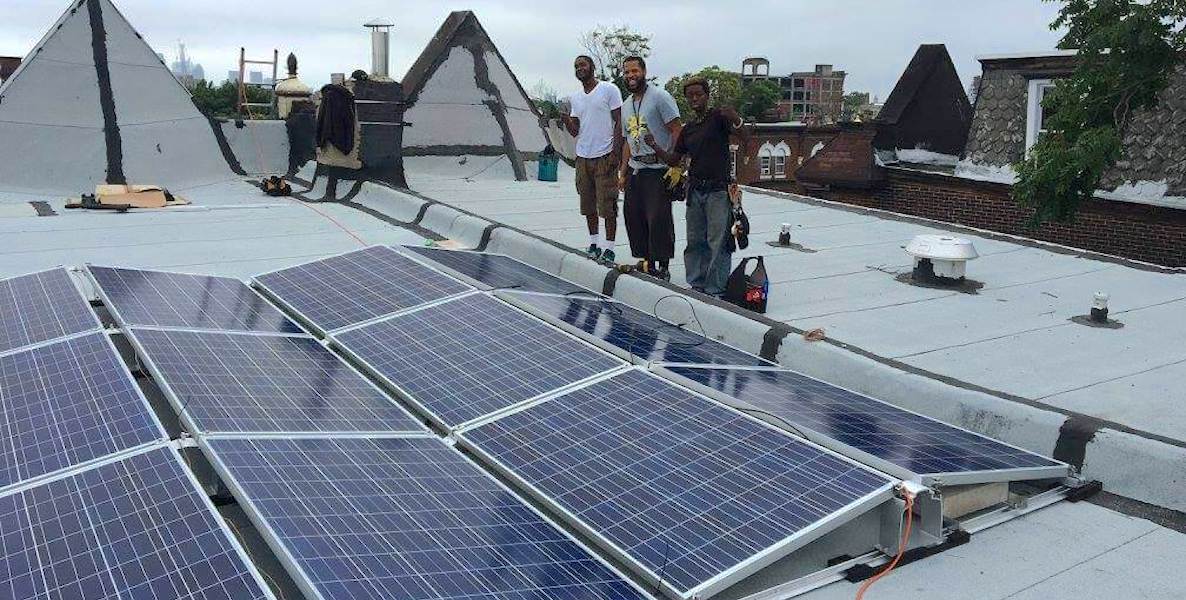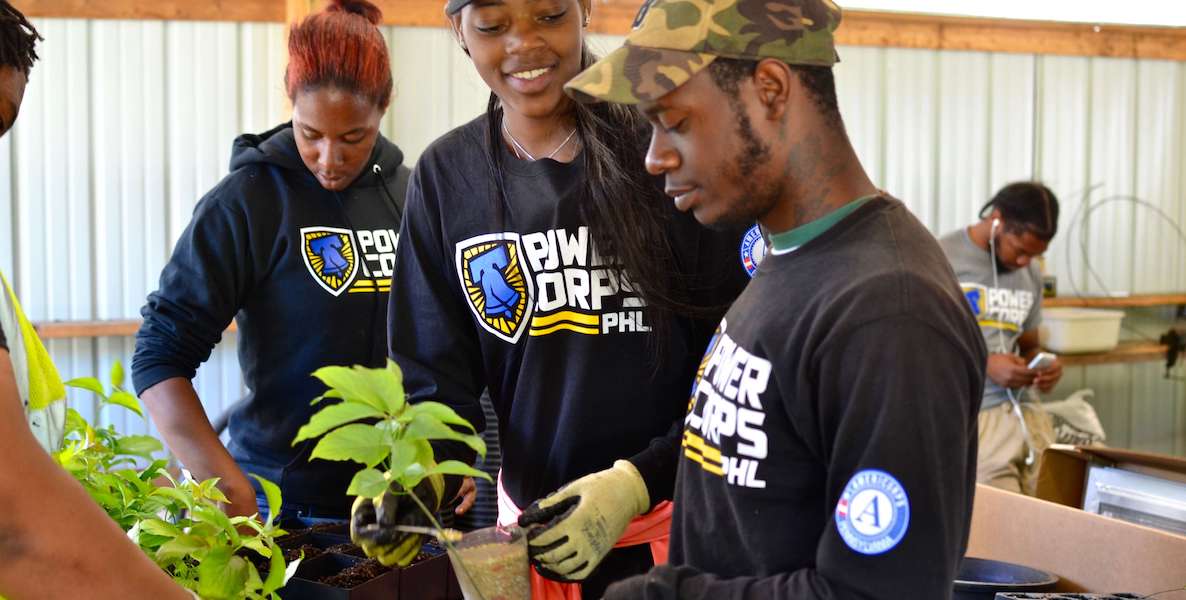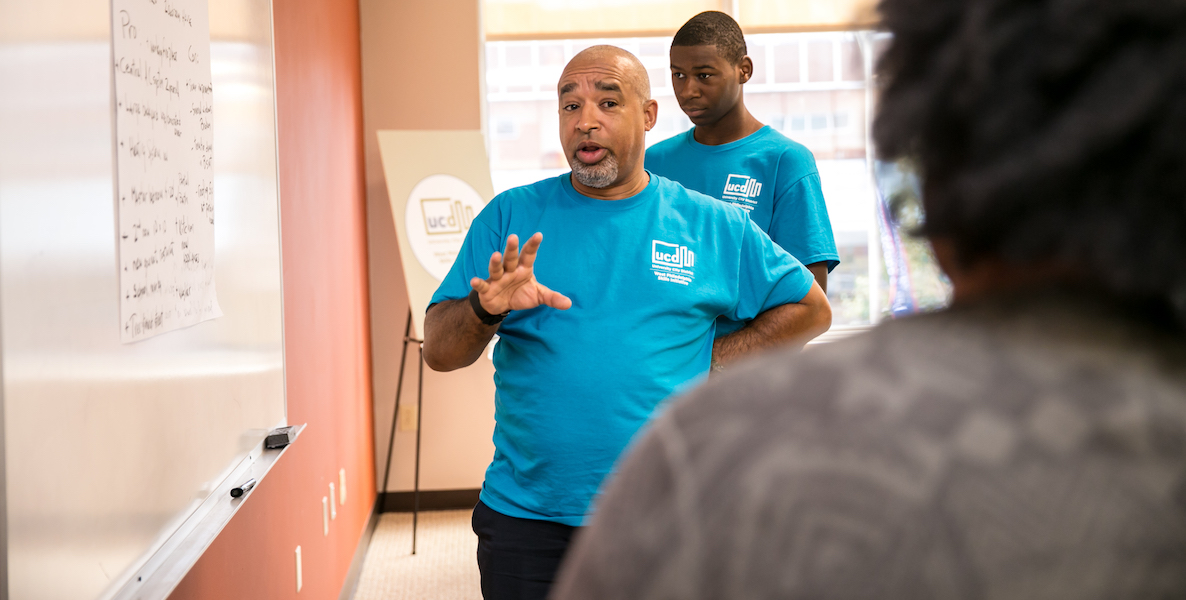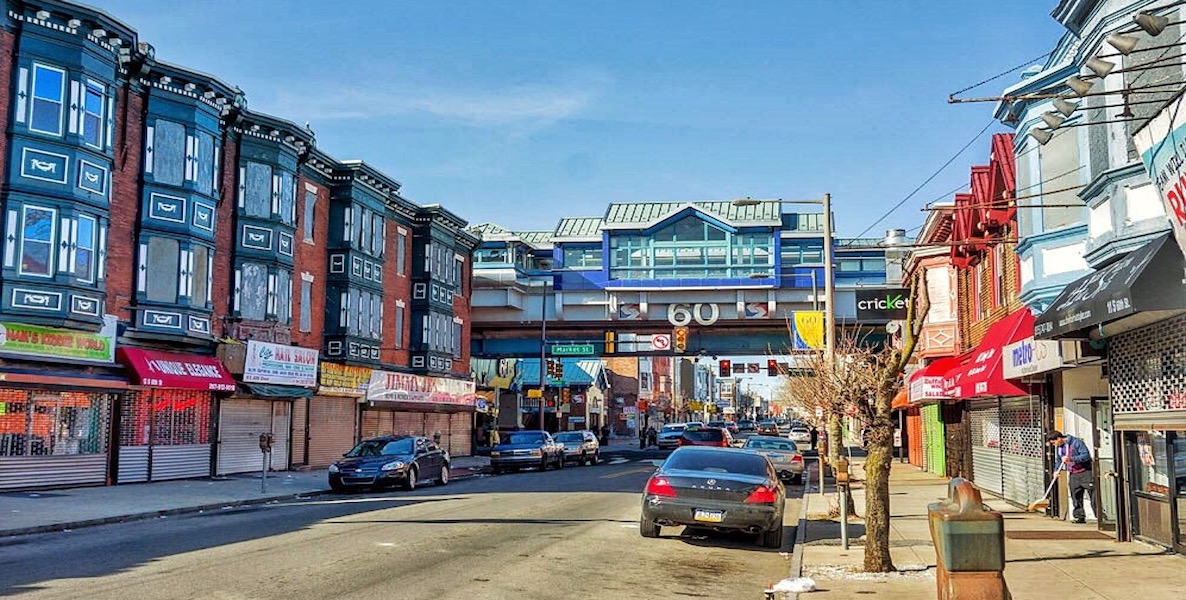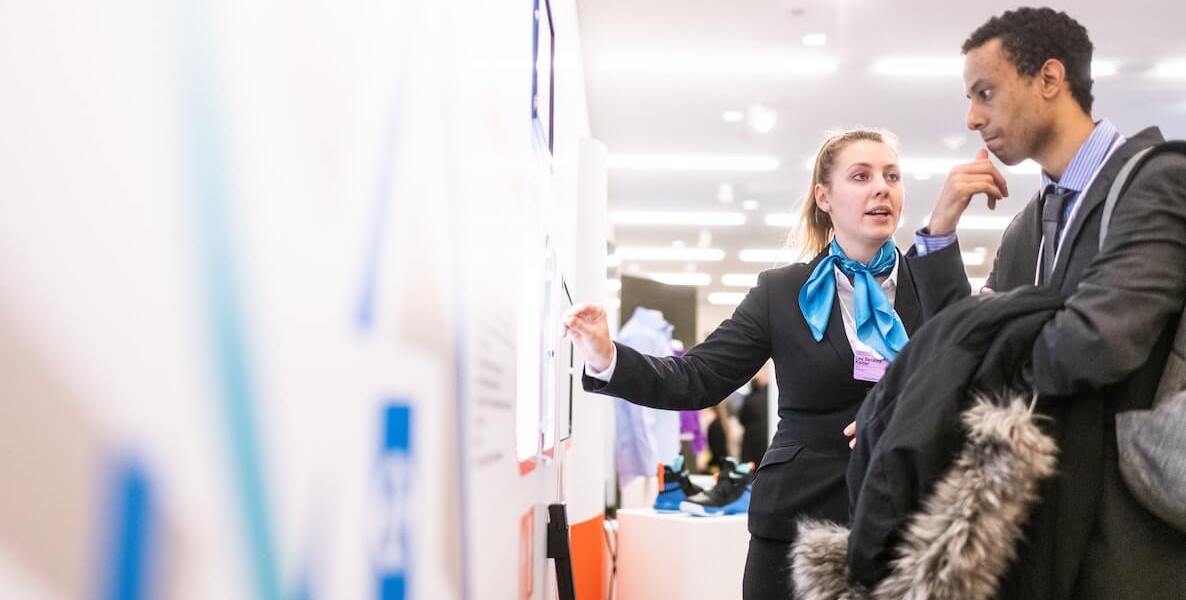Despite a pandemic, my own lay-off from the City of Philadelphia and days of protests, I am still obsessed with the future of work.
![]() My obsession began with a humdrum task in 2017: a policy paper about adult skills in the U.S. and Philadelphia. I was also helping my firstborn think about a college major. Many books and reports about artificial intelligence generated clear consensus: change is a-coming. The beams of work and home reading piles crossed and a skills chasm appeared like a tsunami offshore.
My obsession began with a humdrum task in 2017: a policy paper about adult skills in the U.S. and Philadelphia. I was also helping my firstborn think about a college major. Many books and reports about artificial intelligence generated clear consensus: change is a-coming. The beams of work and home reading piles crossed and a skills chasm appeared like a tsunami offshore.
Black and brown workers are especially vulnerable to automation. In Philly, a majority minority city, POC workers are already less likely to be college educated, employed or in high-wage careers.
As a former public school teacher, then parent, advocate and wonk, I was intimately aware of how slow K-12 systems change. The same pace of change is common in job training. I became five-alarmed, hair on fire. I asked my boss to send me to present at a basic income conference. I see UBI (universal basic income) as a solution for those unable to work in the future. My boss looked at me like I’d lost my mind. So, I presented on my dime, nevertheless. This was before Andrew Yang made UBI cool.
By April of 2018, I had a new boss, Sheila Ireland. Sheila was charged with creating the new Office of Workforce Development. She encouraged my obsession with “future-proofing.” I now focused solely on the future of work: research, creating consensus, policy recommendations and coalition-building—all with an optimistic bias for action.
We must pivot, plan and work together. We must measure what matters, adjust our K-12 mindset and embark on a radically different path to prepare and evolve.
From 2018 to 2019, with hundreds of others and partners such as the Federal Reserve Bank of Philadelphia and The Joint Center for Political and Economic Studies, we assessed challenges and crafted an urgent vision for collaborative and equitable change.
Before the pandemic, we assumed an implementation timeline of three to seven years. It was unclear how quickly businesses would change or how fast consumers would adopt new habits. That said, when one player in an industry effectively adopts A.I, others would be forced to follow.
Safe At Home orders are now accelerating these trends and disruptions. If businesses survive, they will ruthlessly search for efficiencies. Furthermore, the U.S. corporate tax structure favors capital investments rather than talent development. Economists estimate 10 to 15 percent fewer available jobs will return. The machines are smarter than in 2008. Oh, and the robots are more hygienic.
On May 4, just a few hours before leading a webinar explaining how Covid-19 will accelerate change, I was laid off along with Sheila and many other colleagues. The Office of Workforce Development is gone for fiscal reasons and the City is focused on the present pandemic, not future things.
Even as I worry about my protesting son, watch civil unrest and deal with my loss of income, I still obsess about the future of work. I am still committed to being an agent of change. We must adapt now. We can mitigate economic and social shocks from rapidly advancing technology.
How can we build a new kind of resilience?
Let’s build much better job training so a talented retail worker from Macy’s can easily become a nurse or access top jobs in the tech sector. Imagine corporations leaning in, adopting more equitable hiring, retention and talent strategies. We can boost our innovation eco-system so when POC want to start a business, a lot of mentoring and capital are at the ready. Short of these changes, the racial wealth gap will be even more atrocious.
We also need to get real about public schools. Few of the current accountability levers in schools are aligned with the future of work. Tech infrastructure suffers a serious digital divide. Tech and power skills, aka “soft” skills, are future-of-work “must haves” but are mostly treated as “nice to haves.” Astonishingly, the U.S. is a global laggard for family-friendly, top-quality child care.
We—all of us—businesses, citizens, workers, academia, foundations, tech leaders, futurists, governments and the super-wealthy—must pivot, plan and work together. We must measure what matters, adjust our K-12 mindset and embark on a radically different path to prepare and evolve. We must support racially equitable, lifelong learning and real opportunity. Other countries are developing human potential. We can too. The future can work for all of us.
Stay tuned…
Anne Gemmell is former Director of Special Initiatives in the City of Philadelphia Office of Workforce Development, where she was responsible for creating strategic plans related to the Future of Work, focusing on emerging technologies, their effects on talent pipelines and actions for “future-proofing” our local economy. A longtime policy strategist, she also worked with the Kenney administration on the equitable design, advocacy and successful funding of the PHL PreK program.
Photo by Evangeline Shaw on Unsplash


